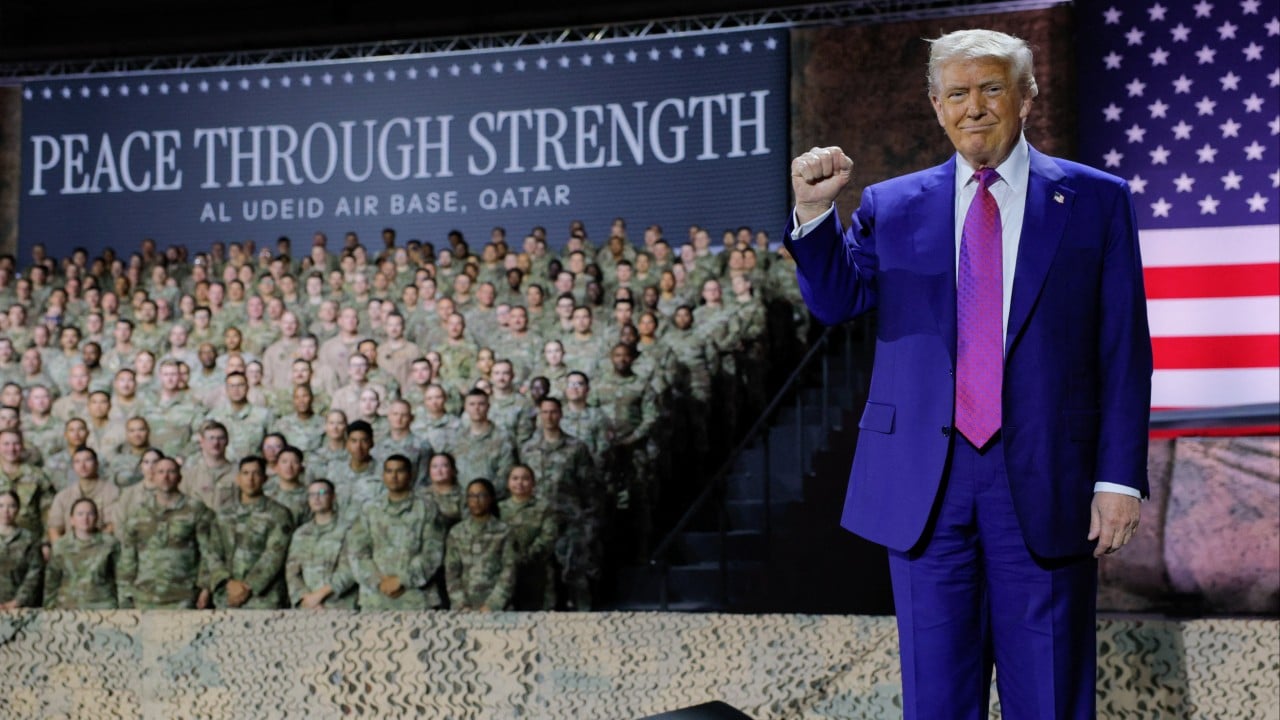US President Donald Trump made his first overseas visit in his second term with a whistle-stop tour to the Middle East which took him to Saudi Arabia, Qatar and the United Arab Emirates (UAE).
Advertisement
The visit that concluded on May 16, apart from triggering a controversy over Qatar’s offer to give a luxury plane to Trump, has led to several presidential announcements that radically alter long-held US policies towards the region. If realised, these will result in a dramatic churn in regional geopolitics, with significant implications for major powers such as China.
On the first leg of the tour in Riyadh, Trump said he would order the lifting of all US sanctions on Syria, which date back 46 years – an announcement that reportedly caught senior American officials by surprise. But that is vintage Trump with his mercurial policy flourishes.
Then in Doha, Trump declared that the United States was very close to securing a deal with Iran over its controversial nuclear weapons programme, claiming Tehran had “sort of agreed to the terms”.
It may be recalled that in 2018, during Trump’s first term, he dramatically pulled the US out of the Iran nuclear deal that his predecessor, Barack Obama, had painstakingly put together with other leaders of the UN Security Council permanent members (China, France, Russia and Britain), as well as Germany and the European Union.
Advertisement
At that time, Trump called the Joint Comprehensive Plan of Action (JCPOA) “a horrible one-sided deal that should have never ever been made”, saying: “It didn’t bring calm. It didn’t bring peace. And it never will.”
Seven years later, catching his regional interlocutors by surprise again, Trump is now claiming “very serious negotiations with Iran for long-term peace”, and promising that Iran can take the “very, very nice step” offered or “there is the violent step”. Tehran has responded in a tentatively positive manner – much to Israel’s dismay – indicating a willingness to give up its stockpile of enriched uranium if its conditions are met.

